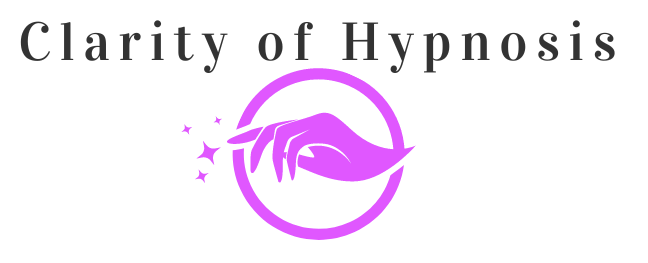The Digital Transition: A New Frontier in Hypnotherapy in Chesapeake, VA
Thanks to COVID-19, the adaptation to virtual settings wasn't just a matter of convenience; it was a necessity. Therapists worldwide found themselves navigating the challenges and opportunities presented by platforms like Zoom and Doxy.me. The skepticism initially surrounding online therapy has gradually given way to acceptance, thanks in part to emerging research affirming its effectiveness.
Online vs. In-Person:
What Does the Research Say?
Scientific studies have started to shed light on the efficacy of virtual therapy sessions. For instance, a comprehensive review published in Clinical Psychology Review (Andersson et al., 2014) examined the effectiveness of internet-based interventions for a variety of psychological disorders and found that these interventions are generally as effective as traditional face-to-face therapy. This research is echoed by the experiences of therapists and clients alike, who report comparable benefits from online and in-person sessions.
The Unique Advantages of Going Digital
While the core therapeutic process remains unchanged, the shift to virtual comes with its nuances. For one, the physical cues a therapist might rely on in an in-person session are limited to what can be seen on a screen. However, this limitation has an unexpected benefit: a heightened focus on verbal and facial expressions, potentially deepening the therapeutic connection.
Moreover, the virtual format offers practical advantages, such as saving on travel time and costs, and might even expedite the therapeutic process due to the comfort and familiarity of being at home. Yet, it's crucial to acknowledge that online therapy might not suit everyone, especially those in acute crises or with specific conditions that require close, personal monitoring.
Navigating the Challenges
Of course, virtual sessions are not without their challenges. Technical issues, such as unstable internet connections, can disrupt the flow of therapy. However, therapists have developed protocols to manage these interruptions, ensuring client safety and session continuity. Moreover, certain therapeutic techniques involving physical touch cannot be replicated online, though therapists have found innovative ways to adapt these methods for virtual settings.
The Verdict: Bridging the Therapeutic Gap
The consensus among professionals, backed by research, suggests that virtual hypnotherapy can be just as effective as in-person sessions for many individuals. This finding does not diminish the value of traditional therapy but rather expands the options available to those seeking help, ensuring that therapy remains accessible even in the face of global challenges.
As we navigate the future of mental health care, the choice between virtual and in-person therapy will likely depend on individual needs, preferences, and the specific challenges being addressed. What remains clear is that the therapeutic alliance, whether forged across a screen or in a shared physical space, continues to be the cornerstone of effective hypnotherapy. Call us today and we'll answer your questions and be happy to schedule a session with you! This exploration into the effectiveness of virtual versus in-person hypnotherapy highlights the resilience and adaptability of therapeutic practices in the digital age.
*Please note: For those interested in deeper scientific insights, journals like Clinical Psychology Review offer a mountain of research on the subject.






